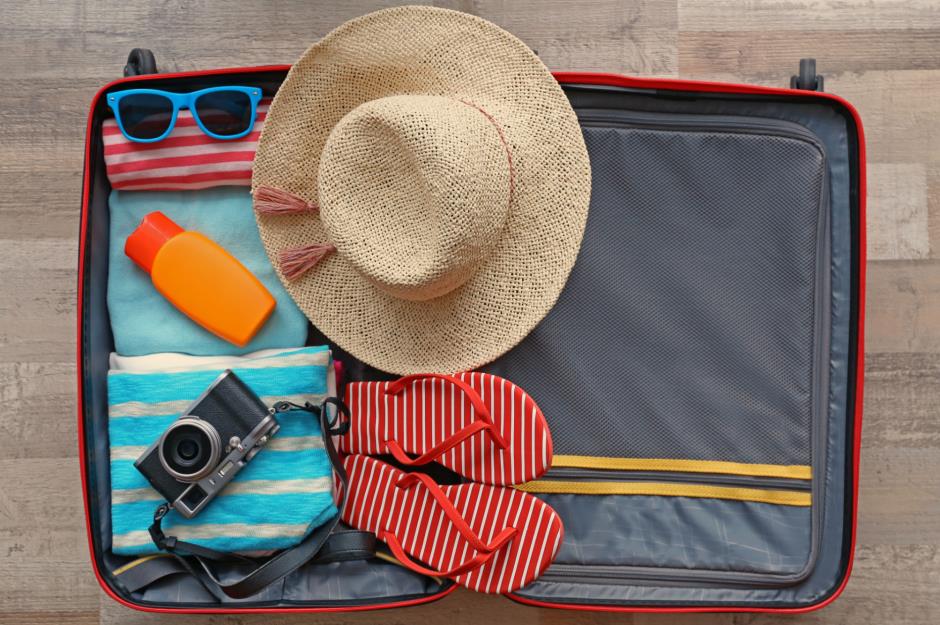Let Us Inspire You


Popular Tours
Best time to go to Canary Islands?

Canary Islands is round the year sunshine with hot summers and mild winters. It has a sub-tropical climate with maximum temperatures vary between 20 ° C and 30 ° C while the minimum average temperatures vary between 15 ° C and 21 ° C.
Is Canary Islands safe to visit as a solo traveller?
The Canary Islands are safe for solo travellers with low crime and good police presence therefore safety is not a problem for travel in Canaries, but as always reasonable care should be taken.
Do I need any vaccinations before going to Canary Islands?
There is no mandatory requirement of vaccinations to go on holiday.
What if I fall sick in Canary Islands?
Canary Islands is covered by Spain’s national healthcare system with excellent public and private medical facilities for holiday makers. Public healthcare centres and services are widely available around the Canary Islands with good care at affordable price.
How Should I dress?
All the Canary Islands are relaxed in terms of what to wear, though you'll want to dress up for the smarter bars, restaurants and hotels. Skimpy summer wear is generally perfectly acceptable, though perhaps throw on a T-shirt to pop into the supermarket, for example, and remember to dress respectfully when visiting churches.
Can I use my credit cards for shopping?

The most accepted cards are Master Card, Visa, and American Express and to a lesser extent Diners Club.
Can I drive in Canary Islands with my UK License?
You can legally drive in Canary Islands with your UK driver’s license for at least six months; however after that period, it is mandatory to get a Spanish license if you want to continue driving.
What kind of sockets are used in Canary Islands?
Electrical current is 220 volts, 50Hz. Outlets will fit the Europlug - round two-pin plugs, therefore, you need to pack an adapter for your holiday.
Do I have to speak Spanish to interact with local people?
As in the rest of Spain, in the Canary Islands the official language is Spanish. However, as in the majority of countries, there are many people who speak English, though it certainly pays to learn some Spanish, which will add to your enjoyment and understanding of the culture.
Is roaming charges applies for using my mobile phone?
It is advisable to check with your mobile provider before travelling to Canaries.
Can I withdraw money from ATMs?
You can use debit cards in all ATM's just in like the UK, but bear in mind you will be charged per transaction so if taking euro's out do it in 'larger' amounts so you get charged less.
Is the tap water drinkable?
Yes, all public tap water in the Canary Islands is drinkable unless the local authorities state otherwise. The tap water adheres to the same strict standards as the water in UK.
What is the tipping guideline?
|
Unlike other countries where tipping is expected and it's the general rule in all types of services, in the Canary Islands tipping is not always expected and it's usually given only when you are satisfied with the quality of the service provided. In general, anything between 5% - 10% is more than enough for eating out and moving around in taxis. |
Singles Holidays in the Canary Islands: Sun, Adventure & Relaxation
Welcome to the Canary Islands, a year-round paradise where golden beaches, volcanic landscapes, and lively resorts make for the perfect singles holiday. These stunning islands—Tenerife, Gran Canaria, Lanzarote, Fuerteventura, and La Palma—stretch across the Atlantic, just off the coast of Morocco, and have long been a favourite among British travellers. With a mild climate, endless entertainment, and breathtaking scenery, the Canaries offer something for every solo traveller.
To the east, Lanzarote and Fuerteventura are perfect for those who love beachfront relaxation with all the facilities and entertainment they could wish for, but also crave adventure and exploration. From Lanzarote’s lunar-like landscapes of Timanfaya National Park to Fuerteventura’s rolling sand dunes, nature lovers will be in awe. Can’t decide between them? Regular ferries make island-hopping easy, with journeys taking under 15 minutes.
For those who love nightlife, laughter, and sandy shores, Tenerife, the largest of the Canaries, is a must-visit. By day, relax on its golden beaches or take a trip up Mount Teide, Spain’s highest peak. By night, enjoy the vibrant bars, live music, and buzzing clubs. But Tenerife isn’t just about partying—it’s also home to charming old towns built by Spanish settlers, offering a glimpse into the islands’ rich history.
Gran Canaria, often called a "mini continent," boasts stunning beaches, dramatic mountains, and lively resorts. Explore Las Palmas’ historic centre, hike through lush forests, or unwind in Maspalomas, famous for its sweeping sand dunes. Meanwhile, La Palma, the "beautiful island," is a dream for nature lovers, with lush green landscapes, hiking trails, and incredible stargazing opportunities.
At GoSingles, our singles holidays to the Canary Islands are perfect for solo travellers looking to relax, explore, and socialise in a friendly, group setting. Whether you're after beachfront bliss, island adventures, or buzzing nightlife, our expertly curated itineraries ensure you travel solo without feeling alone. With small-group experiences, fantastic accommodations, and stress-free planning, you’ll make unforgettable memories while discovering the very best of the Canaries.








/cdn.vox-cdn.com/uploads/chorus_image/image/59120913/server_tip_restaurant_trump_omnibus_budget_bill.0.jpg)